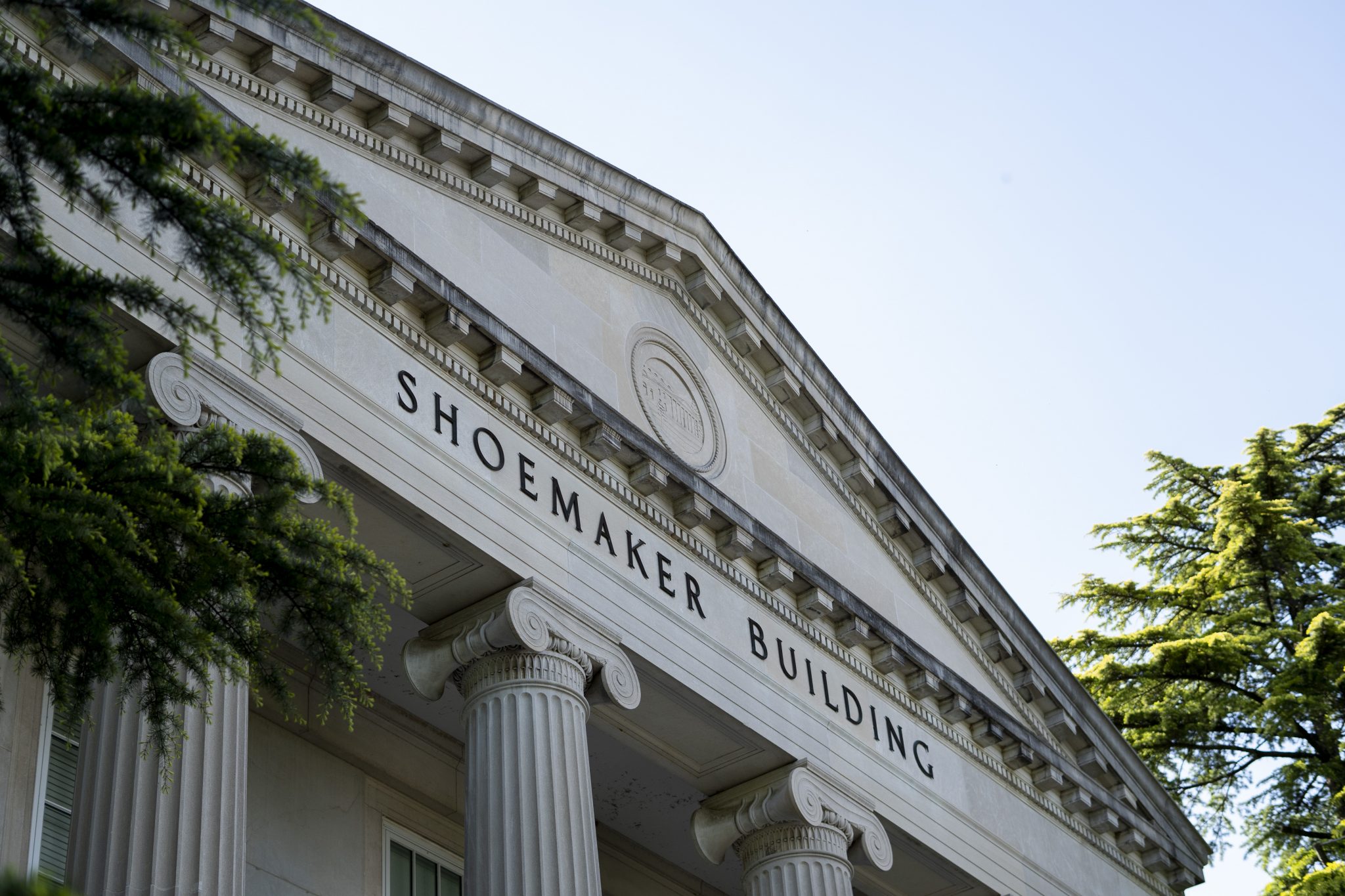University of Maryland graduate students are advocating for clearer accessibility accommodation rules for students with disabilities, criticizing current rules and regulations governing accommodations.
Accessibility and Disability Services at this university provides both undergraduate and graduate students with a list of available accommodations and services, according to its website. But accessibility and accommodations vary in support depending on the department, according to Laura DeMarco, a graduate assistant in the McKeldin Library collection development strategies department.
“I cannot stress enough that working in McKeldin, in this department, is one of the good ones,” DeMarco said. “I love my coworkers, but I have a lot of friends in other departments who struggled to get accommodations for their teaching assistantship or who have been thrown under the bus by their advisor and completely lost their support network.”
Lasair ní Chochlain, a graduate student in the entomology department, originally came into the program as a doctoral student.
Because much of her research is lab based, ní Chochlain must do physically taxing work. But due to her health, ní Chochlain needs additional accommodations.
“My [principal investigator] had accepted me for a Ph.D., and then told me that I had to switch down to a master’s because I was such an expensive student that she wouldn’t be able to support me,” ní Chochlain said.
[UMD graduate students express mixed feelings over updated parental leave policy]
Money to accommodate their disability was taken directly from ní Chochlain’s lab funds, which were already tight with research expenses, they said. This university should have money readily available for graduate students who need accommodations to prevent money being taken away from their programs, ní Chochlain added.
“You literally see how your physical deficits are creating budget and financial problems for your workplace, and I’m just like, ‘Well damn, I don’t want that,’” ní Chochlain said. “There should be somewhere else to get this money.”
In a statement to The Diamondback, this university’s Accessibility and Disability Services office said individuals with an approved disability accommodation are never personally charged for any expenses involving their accommodation. The costs to implement the accommodation are covered by several sources, including the individual department and ADS, the statement read.
Renee Hill, a principal lecturer and the diversity, equity and inclusion interim dean in the Information Studies college who researches accessibility issues, said she has heard from multiple students about disparities between professors in accepting accommodations.
“They get letters that are accommodation letters for their various classes that some professors either do not take seriously … or they are ignored altogether,” Hill said.
ADS “takes reports of disability discrimination, safety concerns and failure to accommodate seriously,” according to an ADS office statement to The Diamondback. The statement urged students to notify ADS for questions or concerns about accommodation policies.
“[ADS] cares deeply about graduate students with disabilities and works tirelessly to ensure access and inclusion in education,” the statement read.
Hill, who has a math and spatial disability, said a lack of accommodations at the university she previously attended affected her education when she was working toward her doctorate.
[UMD event mourns people with disabilities murdered by caretakers]
Hill hopes this university can increase its support for employees that may need accommodations.
“I would like to see an ongoing conversation that involves our offices, students with disabilities and instructors, whether they are full time or adjunct instructors,” Hill said. “I mean a series of town halls or a series of workshops or a series of interactions so that we can all be on the same page and understanding, ‘What does disability even mean?’”
DeMarco said there is not enough data collected on how many students at this university self-disclose their disability, and due to this lack of data, it is hard to see how students with disabilities are affected by the university’s protocol.
“The biggest thing I’d like to see from the university is that they see us,” DeMarco said.
ADS is actively involved in working groups with administrators and student leaders to address concerns from members of the disabled graduate student community, according to an office statement.
DeMarco said she will not stop advocating for other staff and students with disabilities on campus.
“My biggest concern individually is protecting them,” DeMarco said. “Because even if I’m okay, none of us are safe until we’re all safe.”



